Don't hesitate to send a message
Web Menu
Product Search
Exit Menu
Comparing the Practical Benefits of PP Picnic Mat Over Traditional Fabric Mats
Water Resistance for Enhanced Outdoor Comfort
One of the significant advantages of a PP Picnic Mat over traditional fabric mats lies in its good water resistance. Polypropylene (PP) is a hydrophobic material, meaning it naturally repels water. Unlike cloth-based mats, which often absorb moisture from wet grass or accidental spills, a PP Picnic Mat keeps its surface dry, ensuring that users remain comfortable even on damp ground.

Easy Cleaning and Low Maintenance
PP Picnic Mats are also much easier to clean compared to fabric alternatives. Traditional cloth mats often require machine washing and long drying times after each use, especially when exposed to dirt, mud, or food stains. In contrast, PP mats can usually be wiped clean with a damp cloth or simply shaken out to remove debris. This feature is particularly useful for families with children or pets, as it allows for quick and convenient maintenance during and after outdoor activities.
Lightweight and Portable Design
Portability is another area where the PP Picnic Mat excels. The material is lightweight yet strong, making it easy to fold, carry, and store. Many PP mats are designed with foldable sections or built-in handles, adding to their practicality. Fabric mats, while often soft and cozy, tend to be bulkier and heavier, especially after absorbing moisture. This makes them less ideal for spontaneous or travel-based outdoor outings.
Durability and Wear Resistance
When it comes to long-term use, PP Picnic Mats often outperform fabric ones in terms of durability. Polypropylene is resistant to tearing, abrasion, and fraying, even with frequent use on rough or uneven surfaces. Cloth mats, on the other hand, can wear out quickly, especially when used on gravel, sand, or rocky terrain. Over time, repeated washing can also degrade the fibers of traditional fabric mats, whereas PP mats maintain their structural integrity longer.
Stain and Odor Resistance
Because PP material does not absorb liquids or organic matter as easily as cloth, it is far more resistant to stains and odors. A juice spill or food residue on a fabric mat may leave a lingering smell or discoloration even after cleaning. The non-porous surface of a PP Picnic Mat prevents these issues, making it more hygienic for repeated use.
Eco-Friendly and Recyclable
Another noteworthy advantage of the PP Picnic Mat is its environmental profile. Polypropylene is a recyclable plastic that can be processed and reused multiple times if properly handled. Although both PP and cotton mats can have sustainable options, the recyclability of PP offers an edge for users concerned about reducing long-term waste. Additionally, many PP mats are made using less water and fewer chemicals during production compared to dyed or treated fabrics.
More Resistant to Mold and Mildew
Traditional cloth mats, especially those made from natural fibers, are prone to mold and mildew if not dried. In contrast, the water-resistant nature of PP significantly reduces the likelihood of mold growth. This makes PP Picnic Mats better suited for environments with high humidity or unpredictable weather.
Conclusion: A Practical Alternative with Multi-Functional Benefits
In conclusion, the PP Picnic Mat provides a range of practical advantages over traditional fabric mats, particularly for outdoor activities. Its water resistance, ease of cleaning, durability, and resistance to stains and odors make it a more user-friendly and low-maintenance option. While fabric mats may offer softness and a homely feel, the PP Picnic Mat for those prioritizing functionality, portability, and reliability in outdoor settings.
-
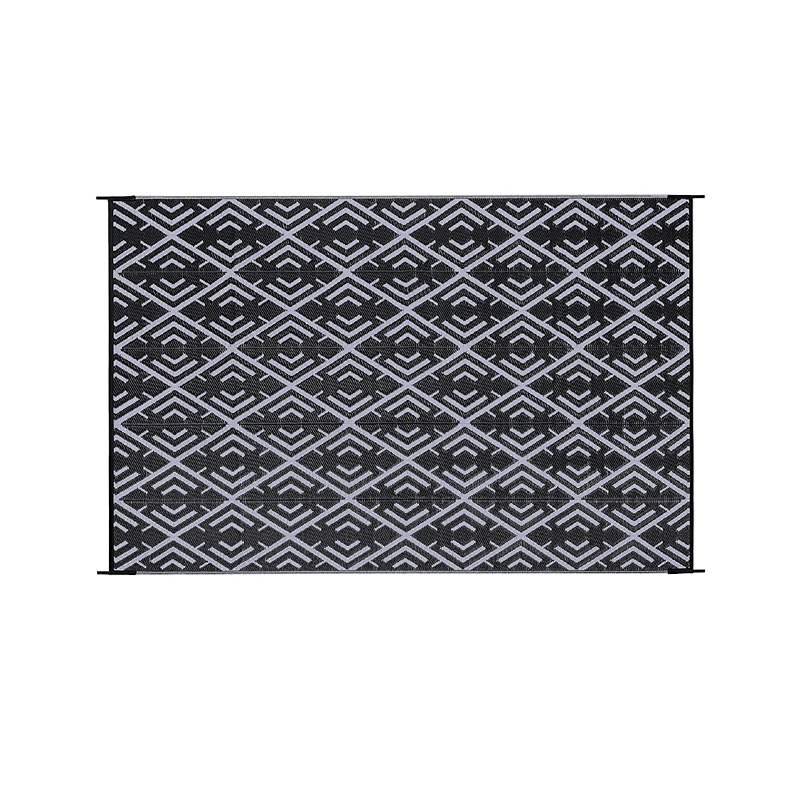
Lightweight Polypropylene Plastic Outdoor RV Mat
Features Weather-resistant polypropylene mat UV-stabilized to prevent fading Mold and mildew-resista...
-
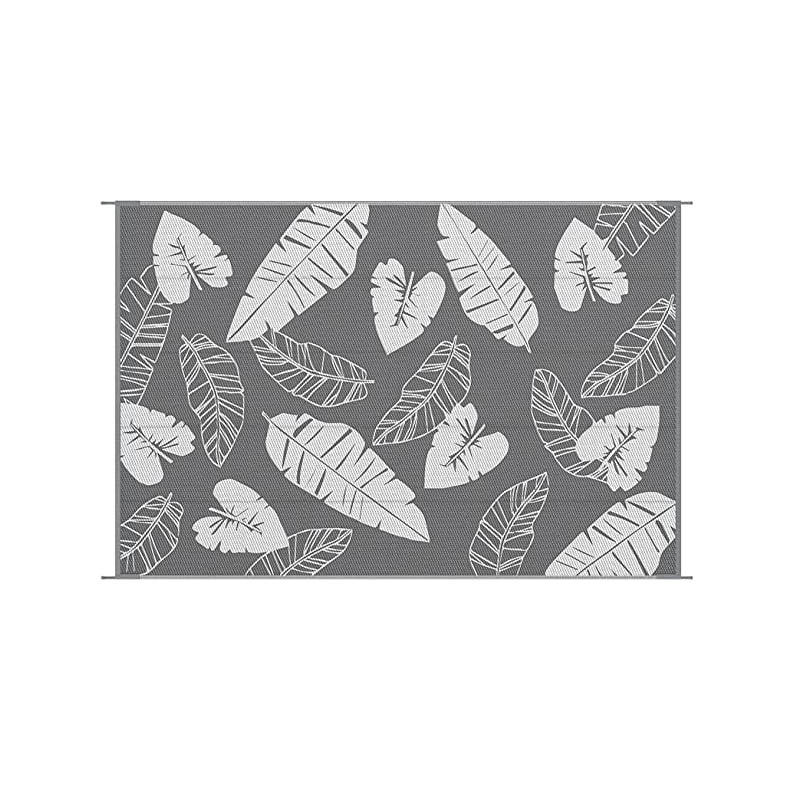
Large Foldable Anti-UV PP Weaving Straw RV Rug
Features Soft And Durable: Made with virgin polypropylene breathable material designed to be safe to...
-
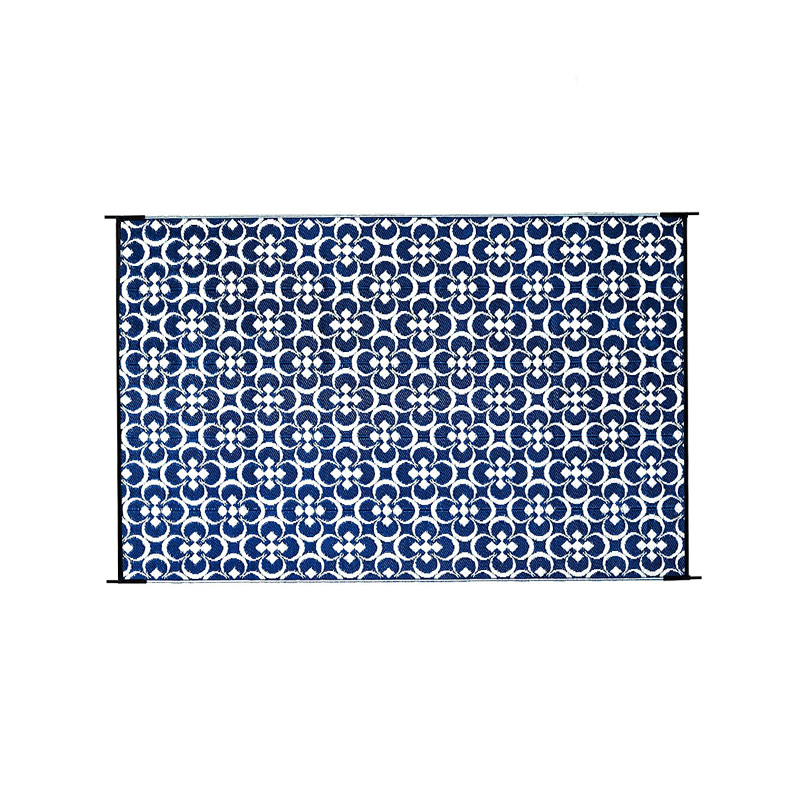
Recycled Moistureproof Plaid Outdoor Mat For RV
Features Heavy-Duty & High Quality & Durability: Our heavy-duty reversible RV mats are made ...
-
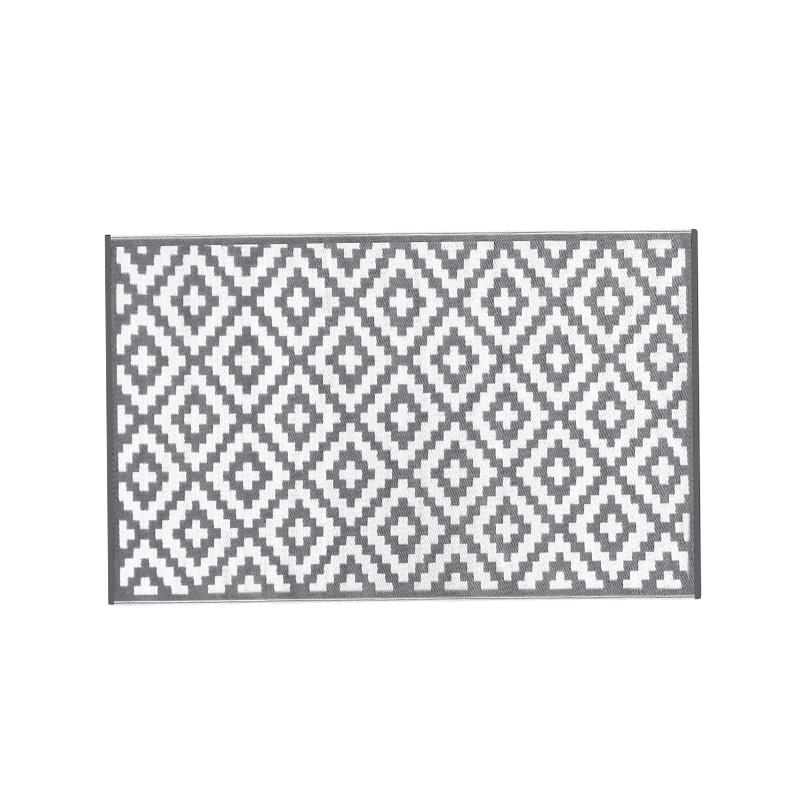
UV Resistant Patio Outdoor Rug
Features Reversible Stain-Resistant Straw Rugs: The outdoor rugs for patio clearance is a reversible...
-
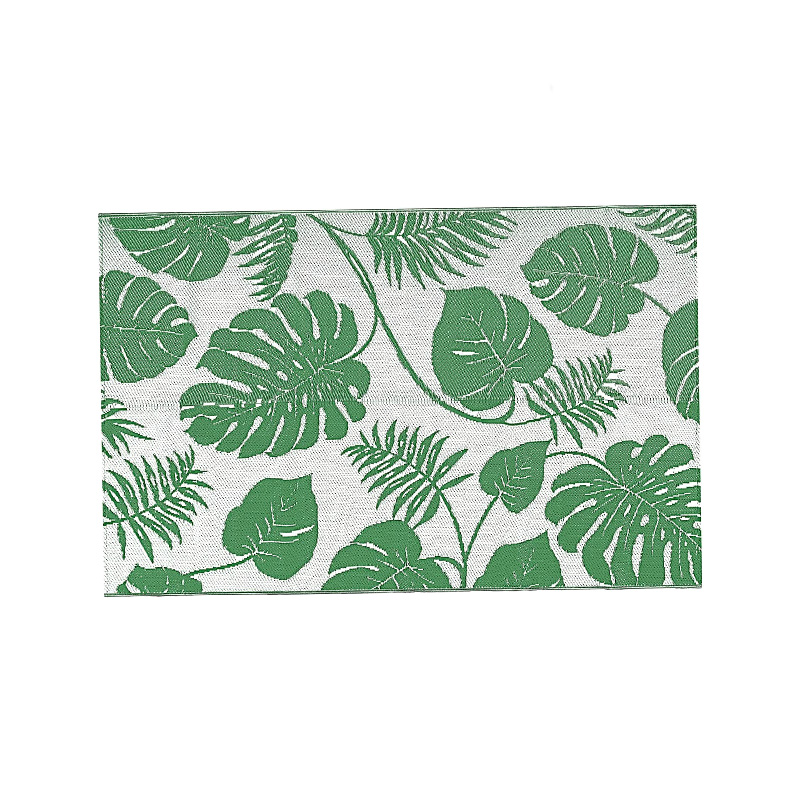
Durable Outdoor Polypropylene Mat For Patio
Features Reversible Outdoor Rug: The outdoor plastic straw rug with timeless medallion design is ele...
-
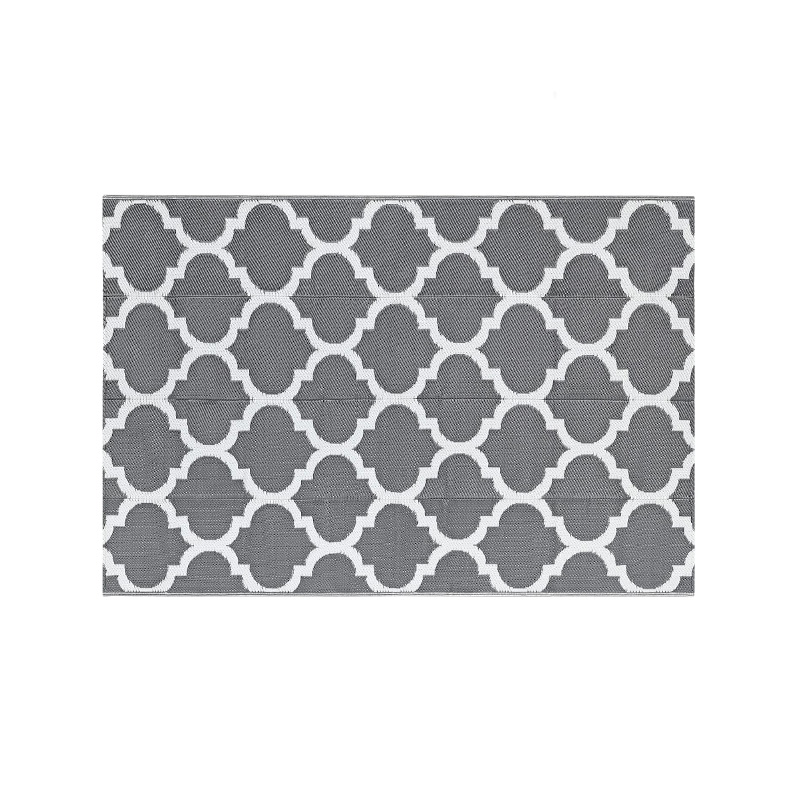
Recycled Plastic Straw Matting For Outside
Features Reversible Outdoor Rugs: It is easy to use on the patio, deck, beach, and backyard. This ou...
-
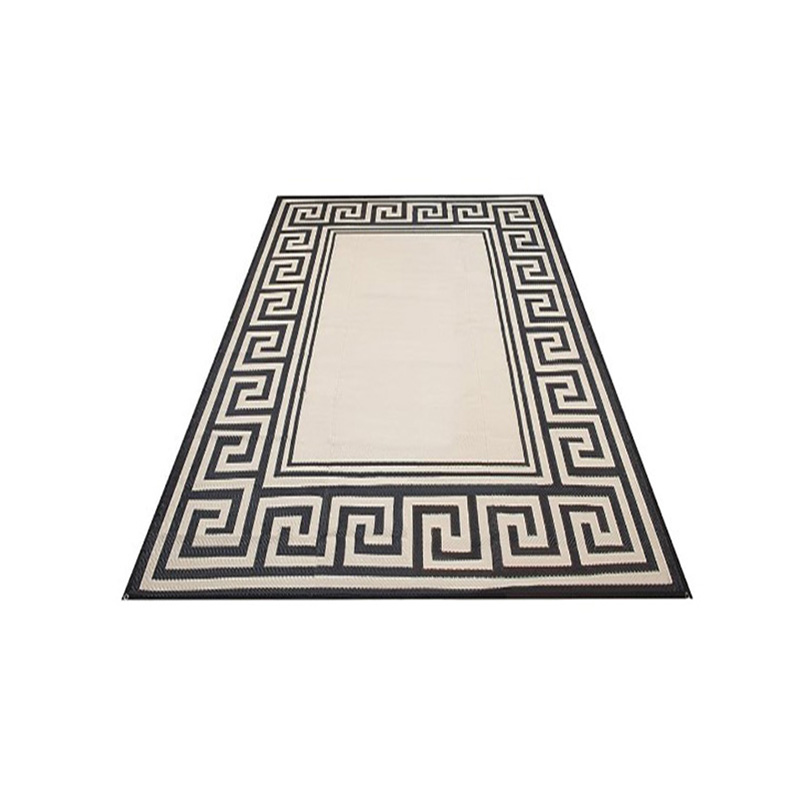
BSCI Audit PP Straw Camping Outdoor Rug
Description Introducing the BSCI Audit PP Straw Camping Outdoor Rug by AIYISI, an outdoor gear manuf...
-
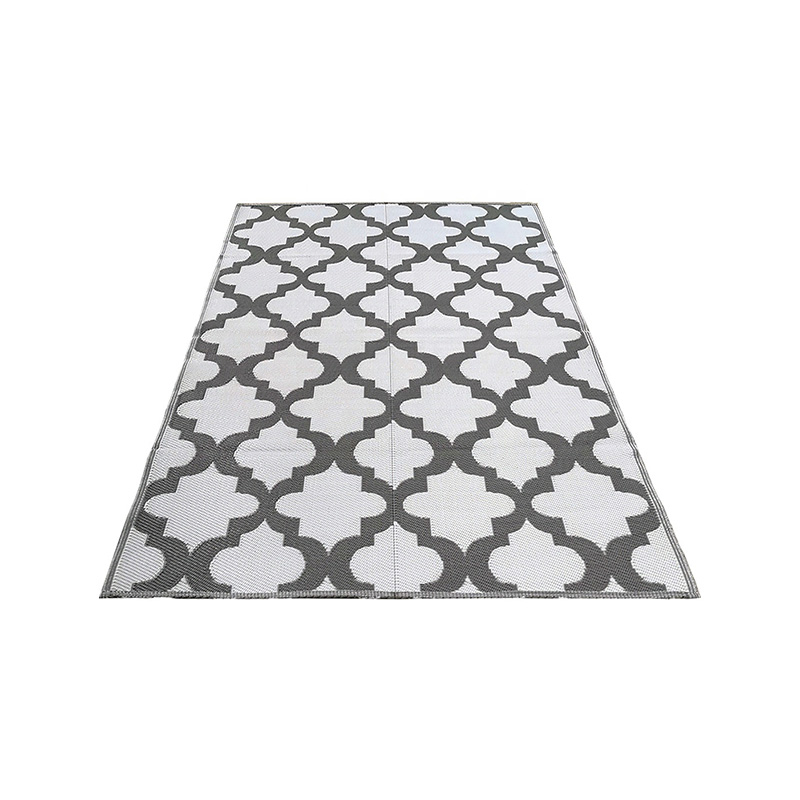
Plastic Matting Cheap PP Woven Recycled Campping Mats
Description At AIYISI, we take pride in offering high-quality outdoor products tailored to meet the ...

- FAX : 86-0576-83352177
- E-mail : [email protected]
- Phone : +86-0576-83207588
- Add: No.10 Yongan Road, Binhai industrial park, Sanmen County, Taizhou City, Zhejiang, China.


 English
English Deutsch
Deutsch


 Facebook
Facebook Youtube
Youtube Twitter
Twitter Instagram
Instagram